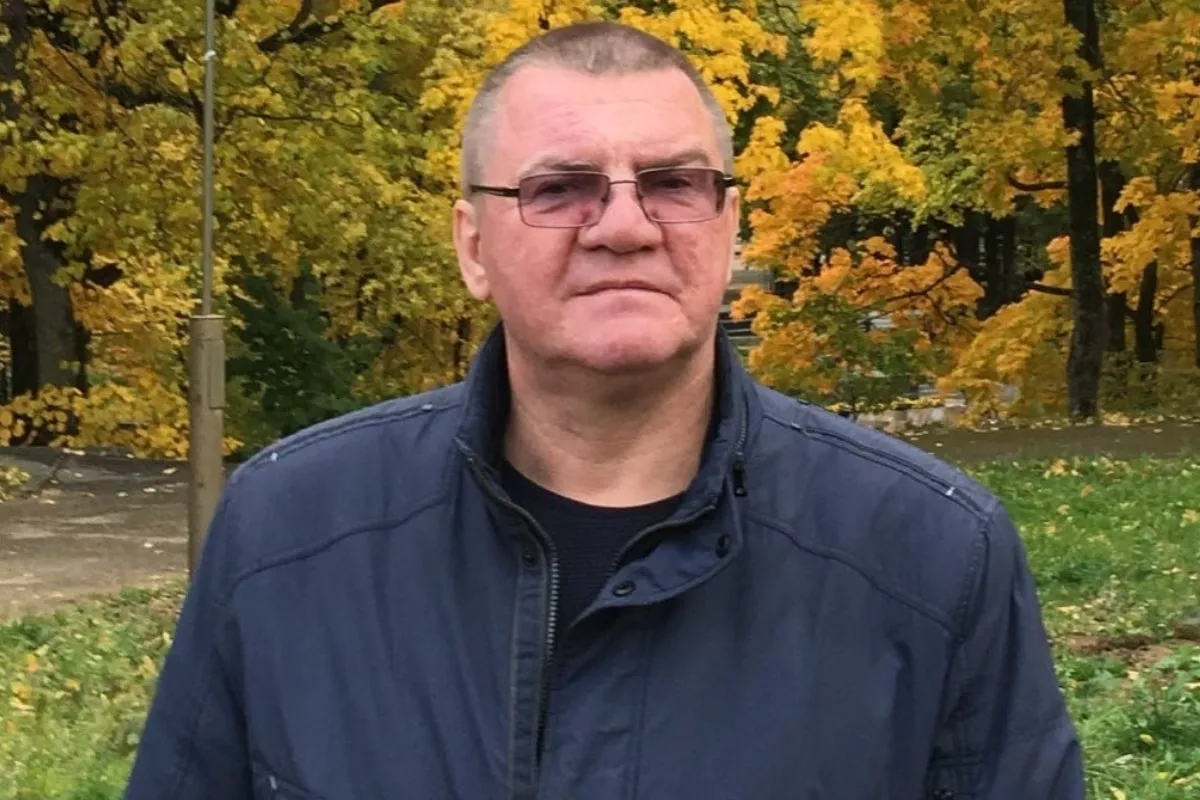Armenia's diplomatic dilemma: How to sit on two chairs? Expert opinions
Armenia has once again found itself in a diplomatic "dilemma," trying to please several suzerains at once. Although Washington, Brussels, and even Paris are currently not focused on Yerevan, Armenia has already taken the course towards distancing itself from Russia. Armenia urgently needs to consider how to minimize risks. This is well understood in Moscow—recent statements by Russian diplomats calling on Armenia to restore full participation in the Collective Security Treaty Organization (CSTO) and warning of the dangers of severing ties with the Eurasian Economic Union (EAEU) clearly indicate this.
"Russia welcomes cooperation with Armenia at any level but would like to see deeper and normal relations within the framework of the CSTO," said Russia's special envoy, Rodion Miroschnik.
Russia's Deputy Foreign Minister, Mikhail Galuzin, expressed hope that Armenia would recognize the scale of the risks and that the Armenian society would be made aware of all the benefits of EAEU membership and the potential losses from severing ties with the organization.
What is the current strategy of the Kremlin towards Armenia, and how will Yerevan navigate out of the political "split"? The Caliber.Az correspondent addressed these questions to foreign political analysts.

Professor of the Russian Academy of Military Sciences and Belarusian military-political analyst Alexander Tikhansky noted that recent statements by Russian diplomats raise questions about Russia's next steps regarding Armenia.
"Russia's concerns are understandable, given the expanding influence of Western powers in the region. Armenia's shift towards the EU would create a precedent that could encourage other countries within Russia's sphere of influence to reconsider their geopolitical orientations. This could weaken Russia's position in the South Caucasus and, in a broader context, within the post-Soviet space.
Armenia must consider its own national interests and seek ways to optimize its foreign policy. Dependence on the EU could have consequences, especially in light of the changing geopolitical situation. The issue of security along the Armenian-Azerbaijani border is only intensifying. Armenia needs to find a balance between cooperation with Russia and developing relations with the EU to ensure its security and economic development.
It is important to understand that Armenia's future depends on its ability to pursue an independent and pragmatic foreign policy, free from the EU's influence. Of course, the Kremlin will continue to closely monitor Armenia to maintain it within its sphere of influence," emphasized the political analyst.
In his view, the statements by Russian diplomats reflect the Kremlin's desire for stable relations with Armenia and its reluctance to allow Armenia to drift closer to the European Union. For Russia, Armenia plays an important geopolitical role as an ally in the South Caucasus and as a partner in the EAEU.
"Russia will exert pressure on Armenia, demanding that it choose its geopolitical orientation and not 'sit on two chairs,' while simultaneously trying to convince the Armenian public of the advantages of EAEU and CSTO membership, contrasting them with the potential losses from closer ties with the EU.
Overall, the Kremlin's policy is aimed at keeping Armenia within its sphere of influence, preventing it from moving towards the West, and strengthening Russia's position in the South Caucasus region. A certain optimism is inspired by Prime Minister Pashinyan's decision to travel to Moscow for the 80th anniversary of Victory in the Great Patriotic War. Here, we should expect concrete steps toward shifts in Armenia's foreign policy orientation. Pashinyan's visit to Moscow is an opportunity for dialogue and discussions on the prospects of cooperation. We hope it will be used to strengthen mutual understanding and find mutually beneficial solutions," concluded Tikhansky.

Honorable Ambassador of the World Jewish Agency "Sokhnut," Israeli political analyst and journalist, and expert on the South Caucasus Roman Gurevich believes that Armenia's actions represent a policy of outright and constant betrayal.
"Historically, Armenia has always chosen an ally, but as soon as it perceived that the position of that ally was weakening, it immediately shifted its alignment to competitors, opponents, and sometimes even direct enemies. This was the case with Russia. For many generations, Armenia was in a close alliance with Moscow.
Russian border guards protected its borders, Russian military bases were stationed in Armenia, and most of its weapons—albeit outdated—were primarily of Soviet and Russian origin. Armenia demonstrated extreme loyalty, literally trying to please its benefactor in every way.
With the start of the conflict in Ukraine, the situation changed. Armenia fell for the promises made by the European Union and the Biden administration, and began to openly distance itself from Russia. Arms shipments from France began, Western military specialists started arriving, and joint exercises with NATO and the United States were initiated.
All of this happened against the backdrop of Russia's weakening, and the belief that it could no longer be considered a serious player. But this is a great misconception. Russia is a great country with serious interests on the global stage. Ignoring its role is a strategic mistake. I don’t believe Armenia’s actions will go without consequences, and that Russia is simply willing to forgive this.
America is far away, while Russia is nearby. Armenia shouldn’t expect the same support from Trump as it did from Biden. On the contrary, we can expect an increase in U.S. ties with Azerbaijan. Armenia’s relations, on the other hand, will only become more complicated. And if we look at the fate of Ukraine, which the West also promised to support, we can see where this leads. The country is bleeding out.
Therefore, I can say with certainty that falling out with Russia is not in Armenia’s interests. In politics, wisdom and consistency are crucial, not short-term decisions that could turn into a tragedy for one’s own country," concluded Gurevich.








